Articles
Articles and analyses from the INET community on the key economic questions of our time.
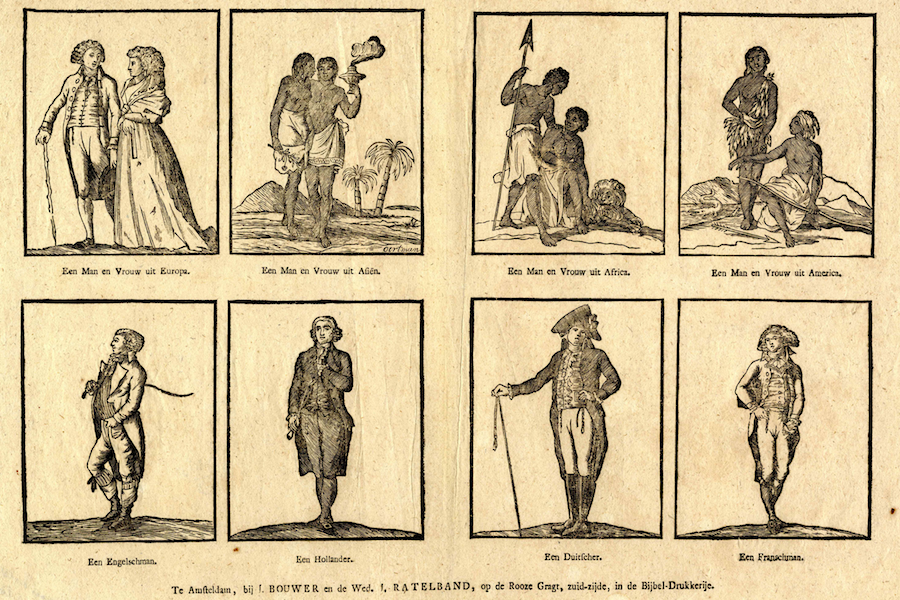
Race May be Pseudo-Science, But Economists Ignore it at their Peril
Presented by Professor Dan O’Flaherty at the Institute’s conference on the economics of race in Detroit on 11 November, 2016
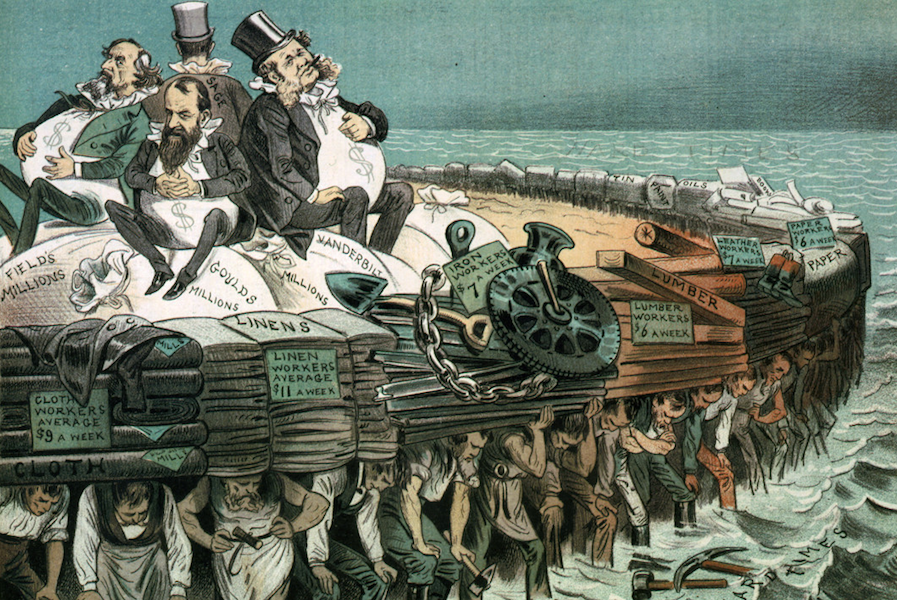
If CEO Pay Was Measured Properly, It Would Look Even More Outrageous
Research funded by the Institute for New Economic Thinking has revealed that the SEC reports executive compensation using a formula that routinely undercounts it

Chanos: Is a big change underway in global capitalism?
Milwaukee-born short-seller Jim Chanos, founder and managing partner of New York-based Kynikos Associates, teaches University of Wisconsin and Yale business students about corporate fraud. During his life and career, he has witnessed seismic shifts in economic thinking and the relationship between labor and capital. Chanos shares his thoughts on the world emerging from the election of Donald Trump and the tumultuous political events of 2016.
The Geopolitics of Populism
Heckman Study: Investment in Early Childhood Education Yields Substantial Gains for the Economy
Capitalism in the Time of Trump?

Older workers in Rust-Belt States have been economic losers since Reagan
Slight increases in national-average earnings for older workers mask long-run stagnation and decline in Michigan, Ohio, Pennsylvania and Wisconsin – states that unexpectedly voted for Donal Trump

Eurozone Crisis Was Caused More By Reckless Lending Than By Reckless Spending
Remedies have failed to produced growth and reduce indebtedness because they’re focused on protecting toxic behavior by banks in Europe’s core countries
Bracing for Trumponomics
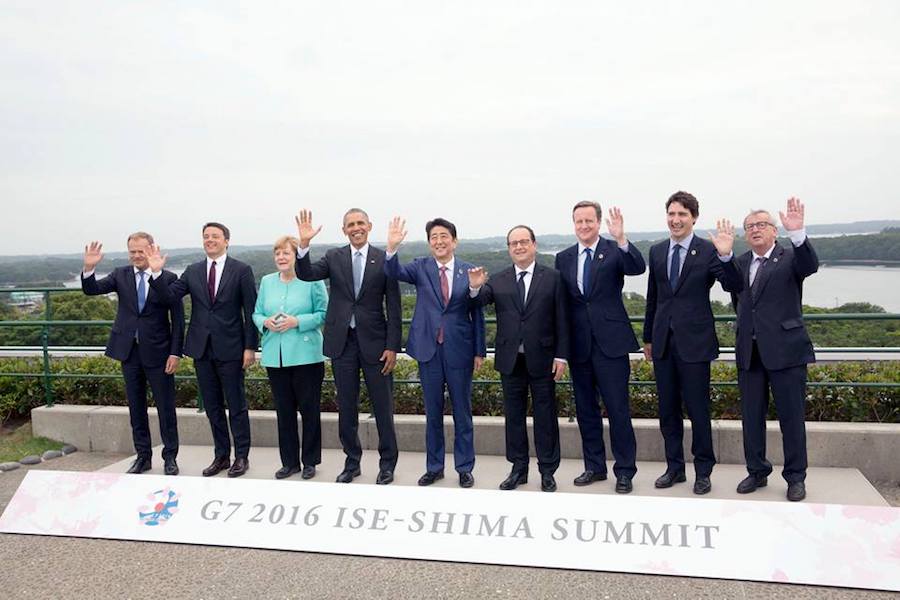
Trump Election and the Future of U.S. Global Leadership
Surviving the geopolitical and economic challenges of the coming years requires a world order less vulnerable to the vagaries of U.S. elections
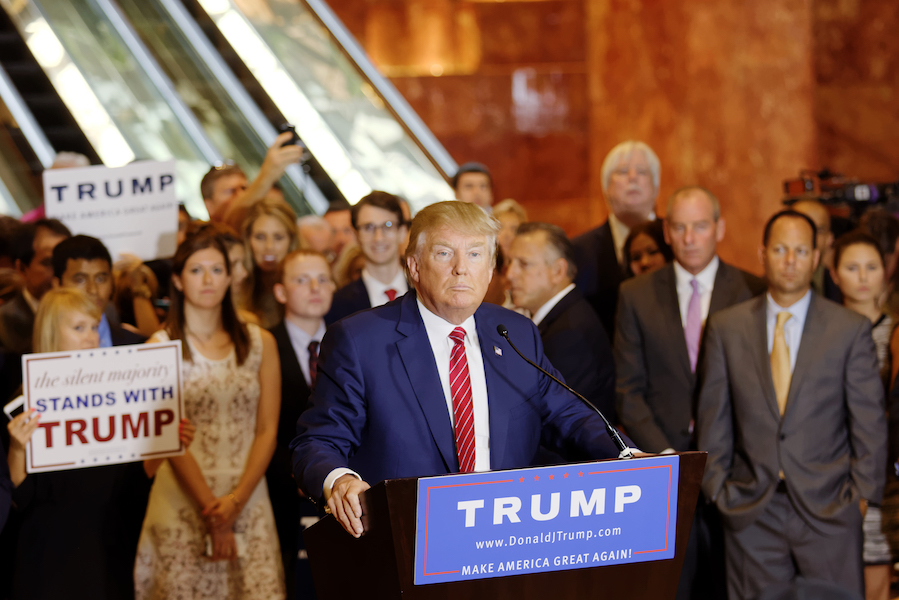
Trumpism Has Dealt a Mortal Blow to Orthodox Economics and ‘Social Science’
How orthodox economics paved the way for the political shocks of 2016
Black Lives Still Matter

The Global Trade Slowdown is both True and Non-trivial
Economists offer widely different explanations for the decline in trade between nations, in a debate that remains unresolved but is increasingly urgent
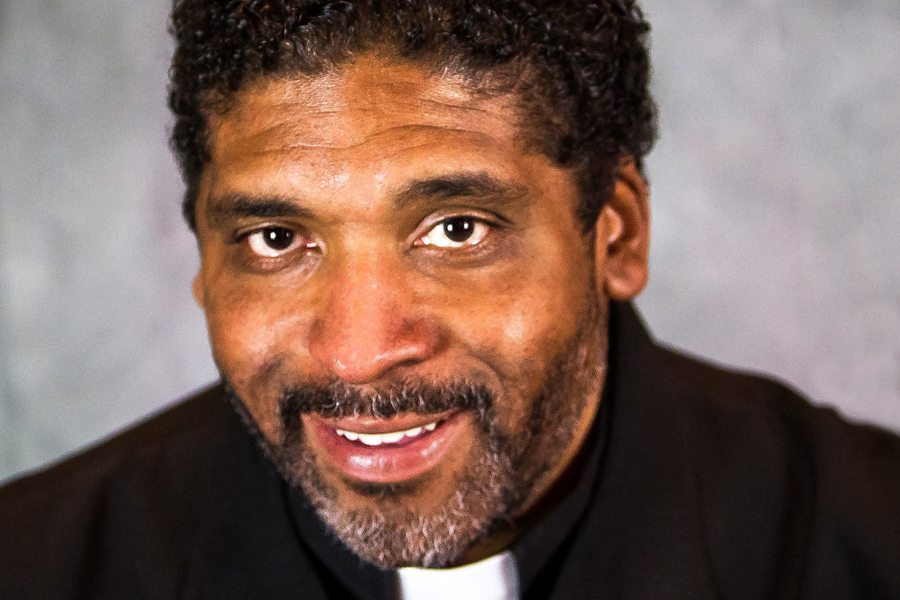
‘A Grownup Conversation About Race and Class’: Rev. William Barber to Address Institute’s Detroit Conference
Renowned campaigner for social and economic justice to set the tone in conference keynote

Yellen Challenges Economists Amid Elusive Great Recovery
Like the Great Depression and the stagflation of the ’70s, the anemic growth of the U.S. economy can’t be understood or remedied without changes in economists’ thinking